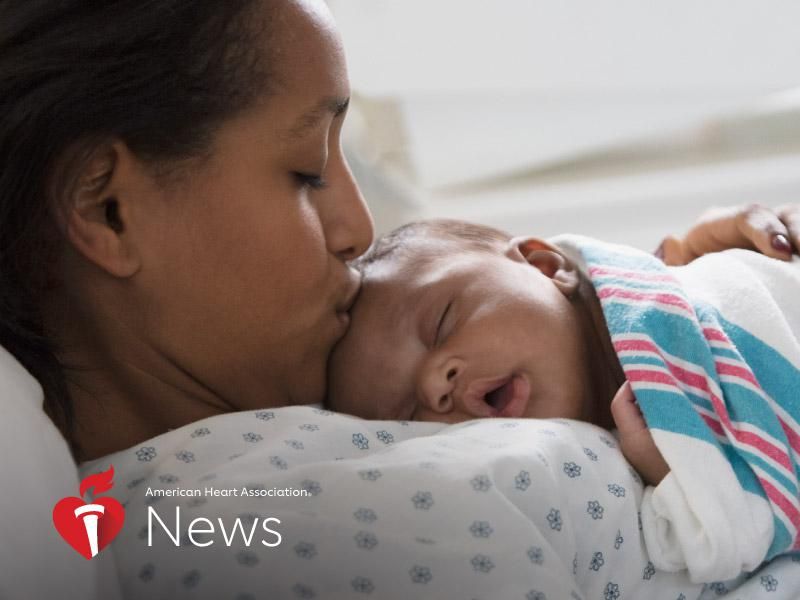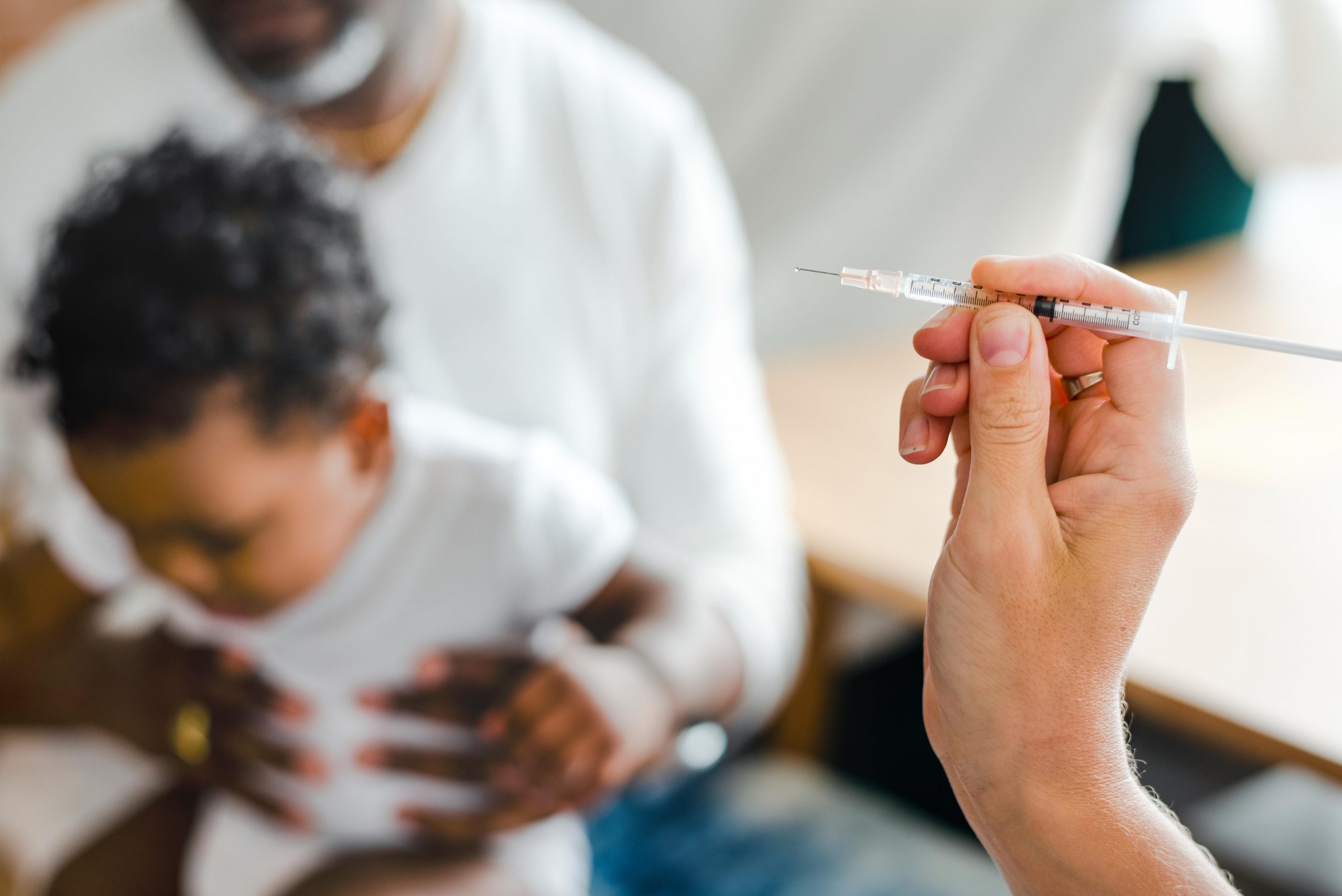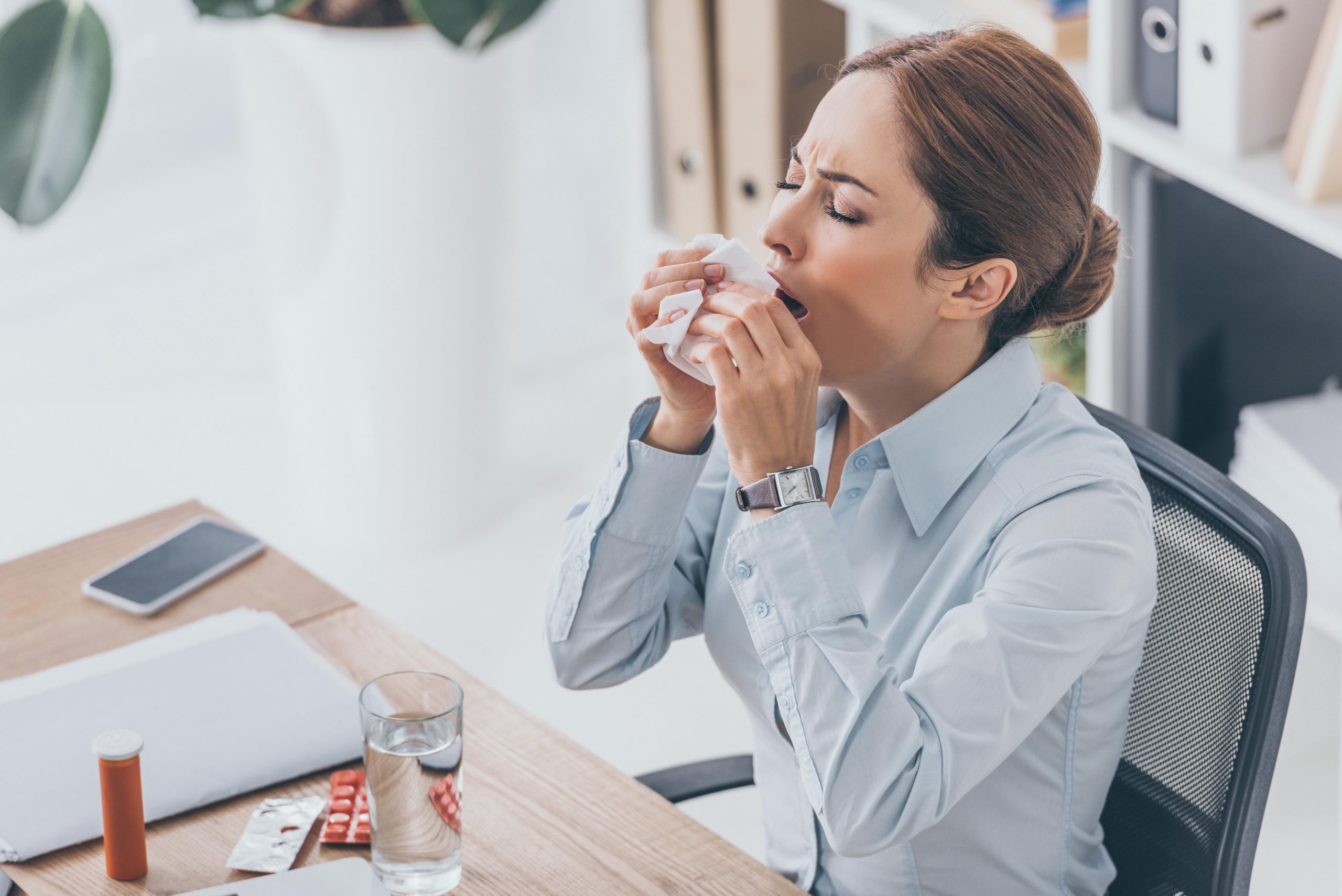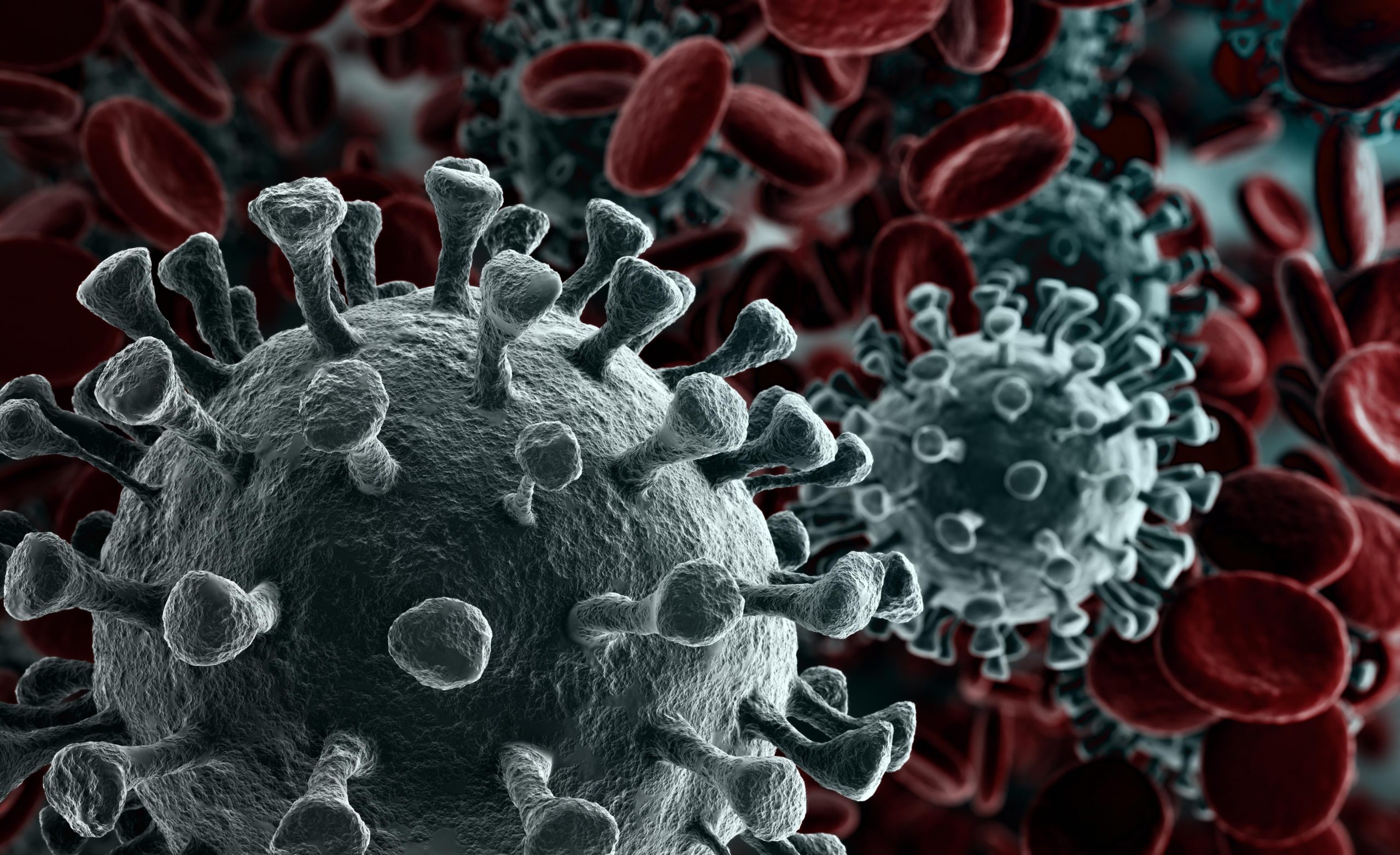
Millions of U.S. women missed breast, cervical and colon cancer screenings due to the COVID-19 pandemic, according to a new study. It found that compared to 2018, the number of women in 2020 who said they had breast cancer screening in the past year fell by 2.13 million (6%). The number of women who said… read on > read on >


















